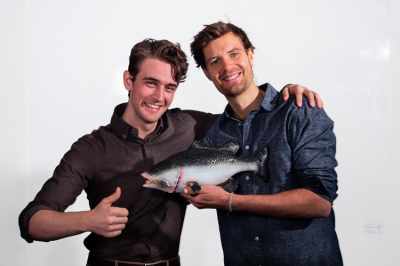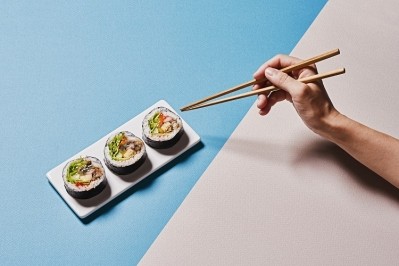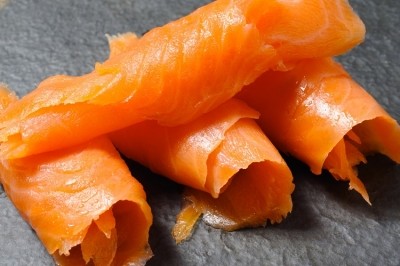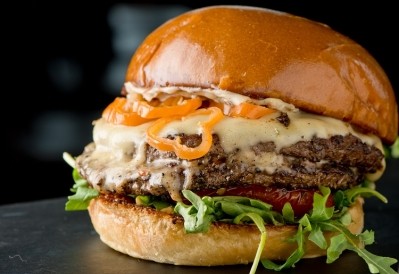Alternative seafood at scale: How will Avant, Shiok, and Hooked reach the masses?
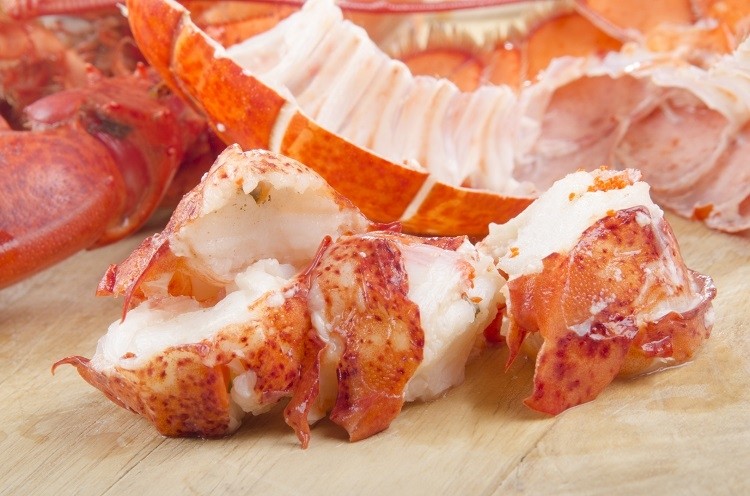
Cell-based meat, which is real meat grown from cell cultures taken from a live animal, is gaining in consumer awareness.
This has surely been buoyed by last week’s regulatory approval in Singapore of the first cell-cultured ingredient for market: Eat Just’s lab-grown chicken product.
The US company’s commercialisation plans include first supplying the ingredient to foodservice, before selling a finished product in retail. This also suggests Eat Just is on its way to successfully achieving another key challenge facing alternative meat operators: scale.
The alternative seafood sector, on the other hand, is at least a few steps behind that of meat alternatives. Consumer awareness is lagging, and no regulatory approvals have been granted to date.
As in meat, scale is the other key challenge facing players in this nascent sector. So how do the seafood alternative trailblazers – such as Shiok Meats in Singapore, Avant Meats in Hong Kong, and Hooked in Sweden – plan to reach the masses and ultimately disrupt the market?
Collaborating with the mainstream
Shiok Meats is the first cell-based seafood company in South East Asia and the world’s first working on cell-based shrimp.
The start-up specialises in crustaceans, ranging from shrimp to prawn, lobster, crab and crayfish. The last couple of years have seen the company predominantly focus on shrimp and lobster, according to CEO and co-founder Dr Sandhya Sriram.
“We have shown prototypes of both these meats,” she told delegates at ProVeg Incubator and NX-Food’s Future Food Series event this week. “We are looking at a very niche APAC market…it looks like Asians are very excited about alternative proteins and that’s our target market eventually.”
To reach the broader APAC market, however, Shiok Meats will need to scale. The CEO revealed the company ins contemplating partnerships and joint ventures to reach the masses.
“The way we want to scale up is…in a multi-hybrid model of sorts. Yes, we will manufacture the seafood and the meat ourselves, but…we [also] want to form a JV or a collaboration with a larger seafood company that has the space, the resources and the money to…invest in the infrastructure,” she explained.
To begin with, the resulting hybrid product could contain 80% conventional shrimp and 20% cell-based shrimp. From there, the ratios could change to 70%-30%, before moving onto 60%-40%. “That is one of the approaches we are looking at,” Dr Sriram told delegates.
Another way of reaching the masses is through licensing agreements. The company plans to patent its technology, rather than keep it as a ‘trade secret’, the co-founder explained. That way, Shiok will be able to license it out to other cell-based seafood and cell-based meat companies.
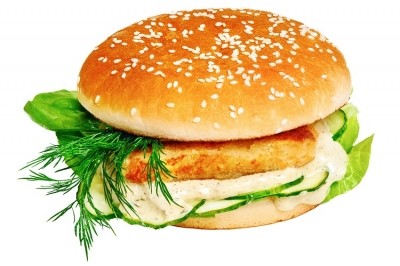
“Let’s say that 10 years down the line a cell-based meat company is doing really well in beef or pork and they want to look at seafood. They don’t have to start R&D from scratch, they can use our technology and make it for the market. [This is] how we think of scale at Shiok.”
Overcoming biotech challenges
Another key player in the cultivated seafood space was similarly founded in Asia. Avant Meats, based in Hong Kong, is China’s first cultivated meat food tech company.
The business started with a ‘very niche’ product known as fish maw (the dried form of fish air bladder which is popular in Chinese cuisine) and recently presented its fish filet prototype.
Before Avant Meats looks to scale in terms of meeting market demand, the company is focusing on the biotechnological challenges associated with cell-based seafood production.
“For the next couple of years, we are going to see how we scale up from a small bioreactor to a much larger bioreactor,” CEO and co-founder Carrie Chan told delegates at the Future Food Series event.
“I think there are certain biotechnological challenges as well as engineering challenges, because so far we’ve been seeing huge bioreactors…of 10,000 litres. Other living organisms…and their cell lines or bacteria are very standardised and very robust to do that job. They are…scaling at that much larger scale.”
Cultured seafood, however, is somewhat of a different kettle of fish. “I think there will be certain challenges and hurdles on the scientific as well as the engineering process,” we were told. “It takes a little bit of time to scale up from small scale to large scale [compared to] what we see in contract development and manufacturing organisations (CDMOs) for biologics.”
Avant Meats is confident it will achieve scale in ‘quite a short period of time’. Its team is currently working to achieve pilot scale production, which it expects to reach by the end of 2021. From there, it will continue to scale.
Concerning Avant Meats’ ambition to reach the masses, Chan agreed with Shiok’s Dr Sriram that decentralising production could be one solution. That way, she elaborated, different operators in different regions could help supply bigger populations around the world.
Building demand with awareness
Swedish start-up Hooked is not going down the cultured seafood line to make its fish alternatives. Rather, the company wants to ‘lead a transition to a healthier seafood ecosystem’ by developing healthy, plant-based seafood alternatives, according to co-founder Emil Wasteson.
Hooked plans to launch its first product, a shredded vegan tuna, onto the Swedish market in early 2021. Based on soya protein isolate and mixed with raw materials such as seaweed and sea algae to incorporate flavours of the sea, the shredded product is intended for use in pasta dishes, on pizzas, in wraps, salads, sushi, and bowls.
From there, Hooked has plans to ‘rapidly expand’ in Europe and build out its pipeline. The second product on the cards is a plant-based shredded salmon that is also due to reach the market in 2021.
Hooked’s challenge does not so much concern scale, in the traditional sense, but in raising consumer awareness to ‘make as much difference as possible’.
“[Seafood alternatives] are a new product. It is a white space. That is good business opportunity, but when you are first, you need to overcome some hurdles and obstacles as well,” Wasteson explained. “Especially when it comes to consumer behaviour,” he added.
“People aren’t used to seeing plant-based seafood in the store. So there is a lot of education [needed] for consumers.”
This is why Hooked is first launching its products into foodservice, before securing listings in supermarket retail. Impossible Foods followed a similar approach, he recalled.
“We see that as a really good approach. When our products are served in restaurants, [the chefs] are experts in creating great dishes. They can give consumers a really good first experience of our products in a sushi roll or salad. And then when we enter retail and grocery, [the consumers] will know how to use it.”
To reach the masses and make the biggest impact, Hooked may also consider moving into more hybrid solutions with cell-based seafood in the future, Wasteson revealed.
“There are some benefits from cell-based and some benefits from plant-based at the moment – especially cost-wise when it comes to plant-based. But it can be challenging to have the perfect nutritional profile or the perfect taste components.
“To complement [plant-based] with some cell-based products is a way of moving forward in the future to create even better products.”
